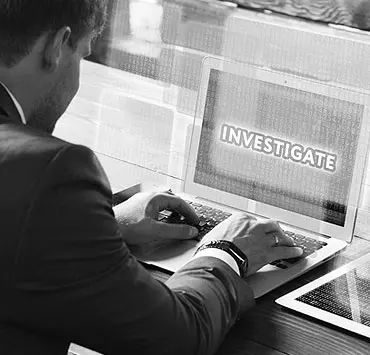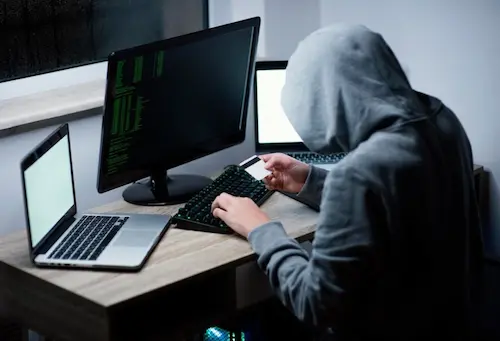
Cyber sabotage investigations can be conducted for a wide range of actions, from a harmful and libelous social networking post, all the way up to the hacking and leaking of corporate consumer information such as credit card numbers or industry secrets. They come in many forms, ranging from libelous social networking posts to hacking and leaking of corporate consumer information, credit card numbers, or industry and trade secrets.
Nowadays, cyber attacks have increased dramatically because companies turn to the web and social media for marketing, banking, and internal operations. The more data and information that exists on the network, the more risk there is in it being stolen or misappropriated.
If you fear that cyber sabotage has compromised corporate secrets or caused financial data to be leaked, or if your reputation is being damaged by bloggers, reckless social media posts, or other internet-based reporting, then Detective Mind can help with a Cyber Sabotage Investigation.

+91 8910983446


+91 8910983446
Simply stated, a virus, Trojan, or worm is a small program written to cause harm to one or more computers or networks. A Virus, Worm, or Trojan can also be designed to retrieve information from your computer to be delivered to an attacker for future use. For example, credit card information, passwords, and security access codes.

